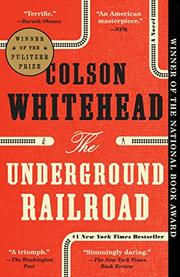Originally collected in Full Dark, No Stars (2010), this is now published as a single novella by Hodder and Stoughton in the UK. It's the first straight horror fiction by King I have read in probably twenty years, but as with Joyland (reviewed last year) I fell immediately back into the sheer visceral pleasure I experienced back in 1977, reading Carrie on the train home from Middlesbrough.
From the beginning of his career King has been a master storyteller, particularly fine in first person narration which, on reflection, I guess most of his shorter works are. Here, the narrator is Wilf James of Nebraska, a farmer who has lost his farm, lost his family, lost his left hand, and who is now confessing all his sins in a lonely lodging house room. Only he is not quite alone - and more visitors are making their way down the passage.
The story itself is fairly standard. It's what King does with it that makes it special. The stoicism of Wilf is standout. I also loved the conception of the Conniving Man within us all. The evocation of period is, it goes without saying, perfect, the characterisation superb. I loved every second of this book. A gem.





